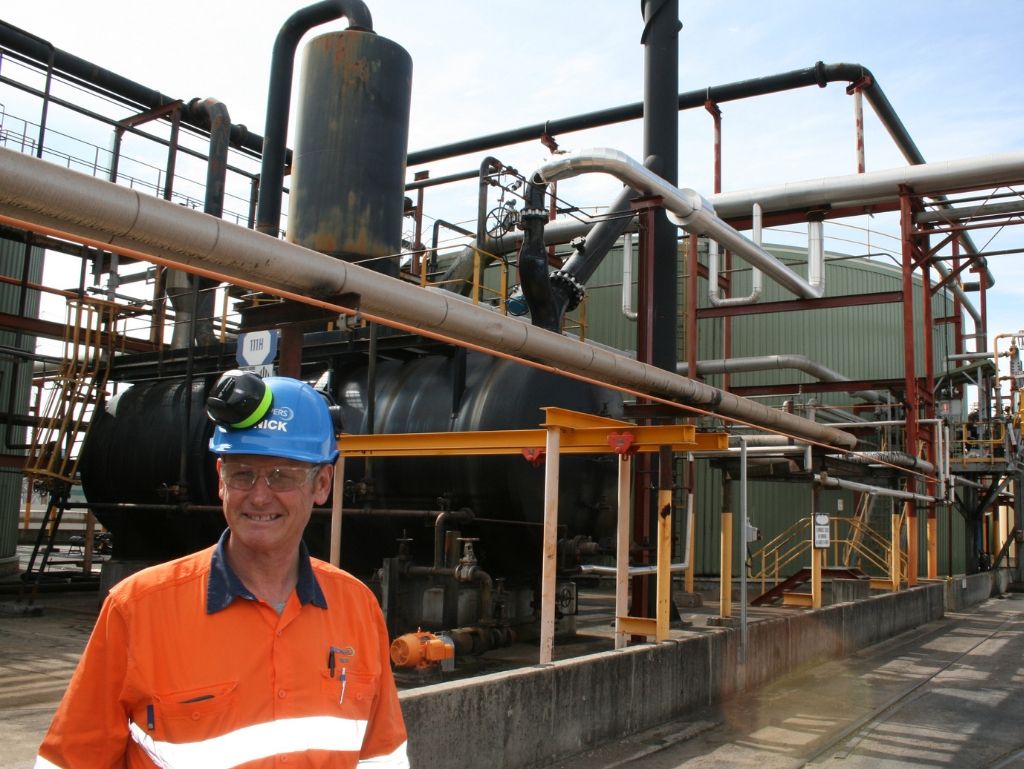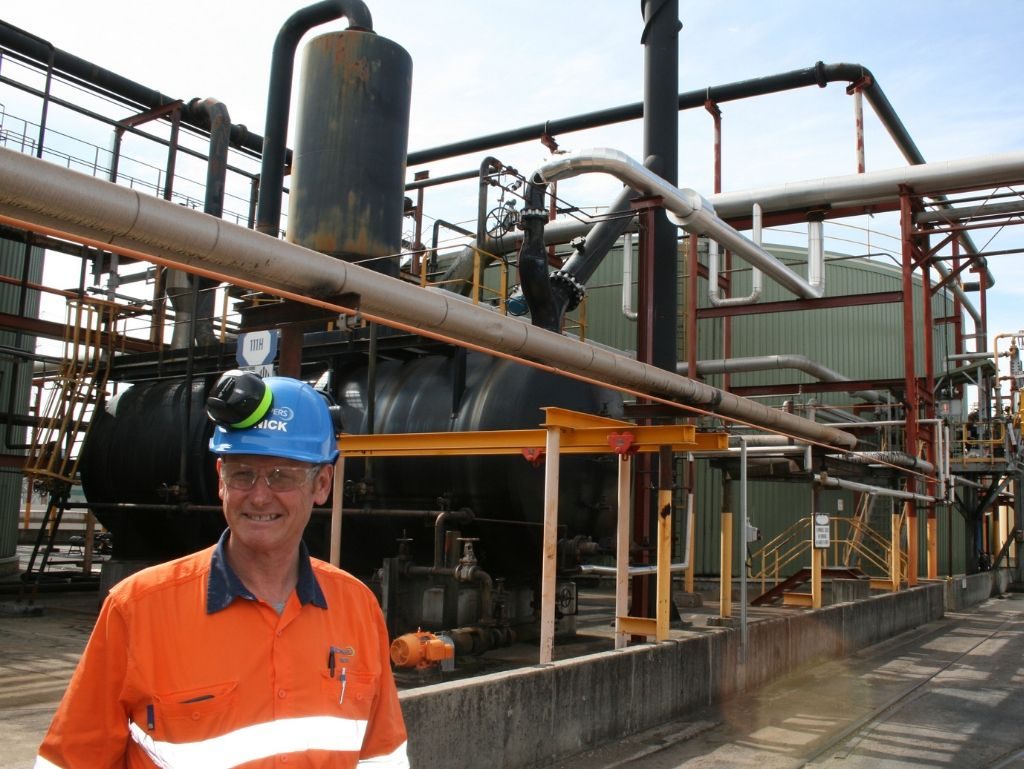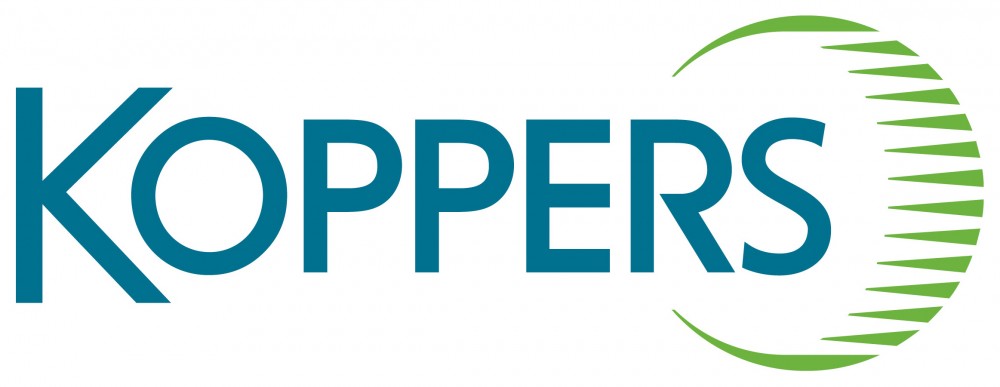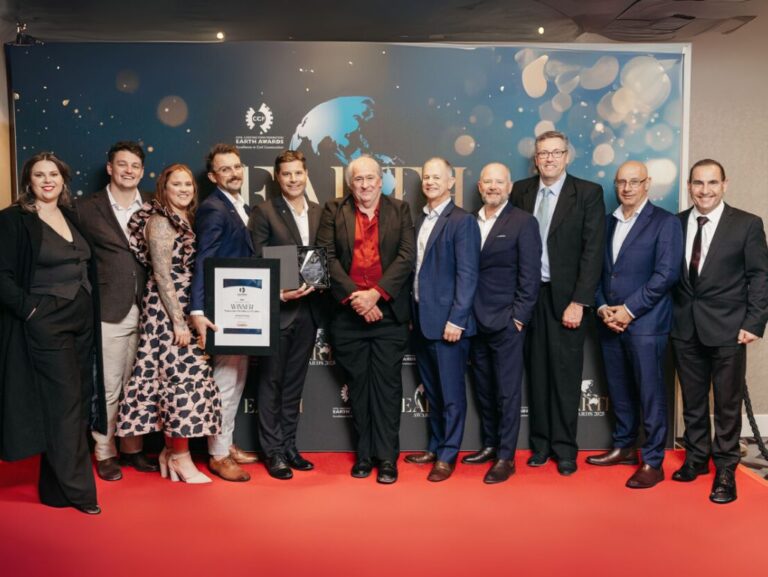Local manufacturer, Koppers, has commissioned the second stage of a $1.5 million thermal oxidation system designed to further reduce odours and air emissions from its plant at Mayfield.
The new closed system will take already wet scrubbed fumes from six fume scrubbers across the plant to one of two thermal oxidisers where they are combusted.
Operations manager, Nick Moretti, said the system will all but eliminate benzene emissions from the plant.
He said the first $735,000 stage involved projects to thermally oxidise fumes from the plant’s naphthalene production unit and its coal tar pitch farm.
The two year, $793,000, second stage has brought all parts of the plant on to the fully automated system.
Planning is underway for thermal oxidation to also be in place at the site’s wharf for improved treatment of scrubbed fumes during ship loading.
The $200,000 project will be completed by the end of this year. The plant also has a back-up mobile thermal oxidiser.
“As part of our pollution reduction programs, set down in our licence, we have been undertaking programs to progressively reduce emissions for more than a decade,” Nick said.
“Thermal oxidation has become increasingly recognised as an effective pollution control particularly for benzene, volatile organic compounds and polyaromatic hydrocarbons.
“This new system means we will be well within current guidelines for benzene during normal operations and will further reduce odours from the plant.”
Since 2008, Koppers has spent forty million dollars on capital projects at the plant to improve efficiency and performance.
Of that, nineteen million dollars has been spent on projects targeting environmental improvements including;
- the $1.5 million thermal oxidisation of fumes project,
- more than thirteen million dollars on ongoing inspections, maintenance and refurbishments of its storage and production tanks,
- a $650,000 cooling tower upgrade to eliminate odours from treatment chemicals and
- a two million dollar leak free upgrade of pumps and seals to eliminate potential sources of odour.
Pressure sensors will be installed inside all tanks at the plant by the end of the year as part of air emissions and odour controls.
According to a 2018 NSW Health fact sheet, benzene is widely used to manufacture many products.
Exposure of the general community to low levels of benzene is common as it is released into the air from many sources including car exhaust, cigarette and some incense smoke, petrol, bushfire smoke and from industry.
IMAGE | Koppers Operations Manager, Nick Moretti, at Koppers’ Newcastle plant.







